The UN agency estimates it would cost US$ 199 billion per month to provide a time-bound, guaranteed basic income to the 2.7 billion people living below or just above the poverty line in 132 developing countries. While this may sound like a significant sum, it amounts to just 12% of the total financial response to COVID-19 expected in 2020, or the equivalent of one-third of what developing countries owe in external debt payments in 2020.

So what?
The UNDP’s report comes on the back of a growing interest in income support as a means to address the economic fallout of the pandemic. 14 countries are currently experimenting with some form of direct income support to individuals and households.
There are good reasons why direct cash transfers are a powerful tool in addressing the impacts of the pandemic: there is growing evidence that they are not only spent judiciously, they also generate ‘multiplier effects’ as they circulate around local economies. In Africa, the provision of $1 in such programs generated between $1.27 and $2.60. A key challenge facing these schemes is that those most in need are often the hardest to reach. One lasting effect of such a scheme, even if temporary, could be in reaching the unbanked to reduce financial exclusion.
So far, most of these income support measures are temporary and still a long way from the universal basic income (UBI) that many campaigners are calling for. Spain is the only country with plans to extend their policy indefinitely, yet only targeted at those most in need rather than the whole population. However, prior to COVID-19, UBI was seen as an experimental policy or idea that needed extensive testing. Today, it feels like a credible possibility.

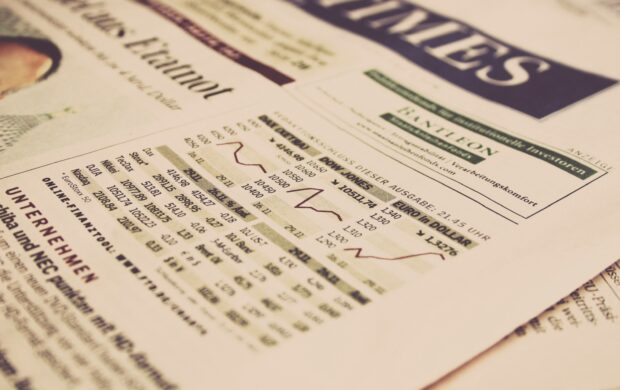

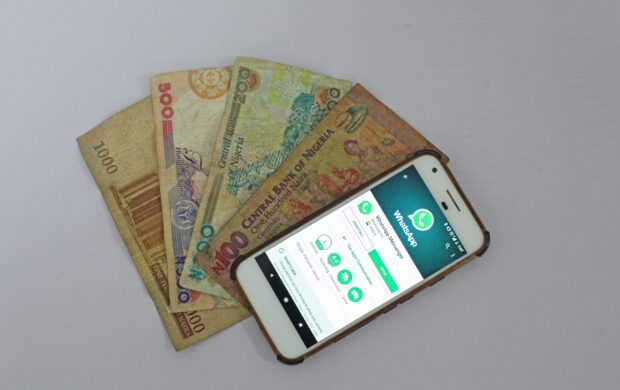
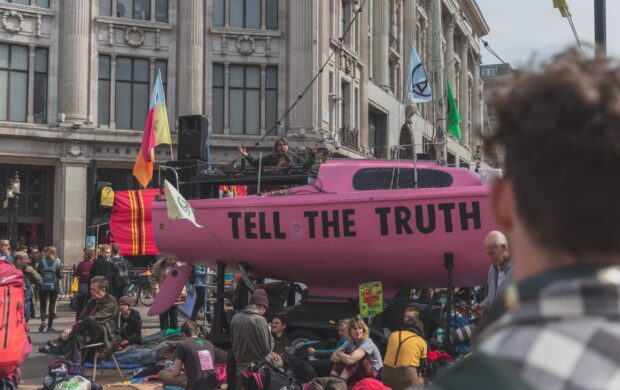
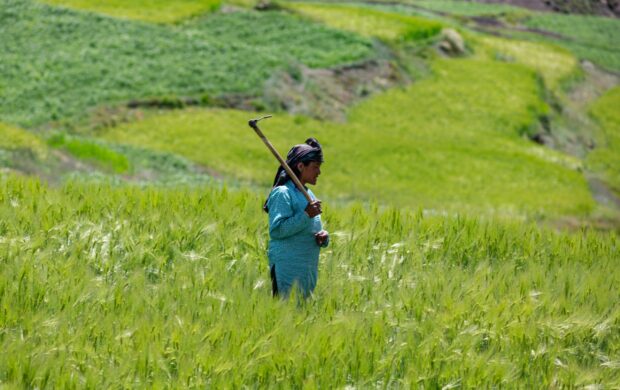
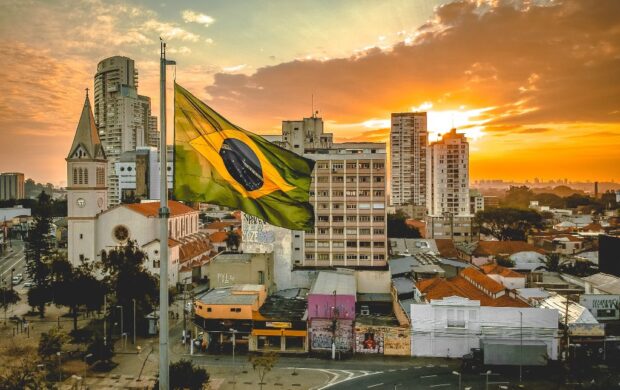




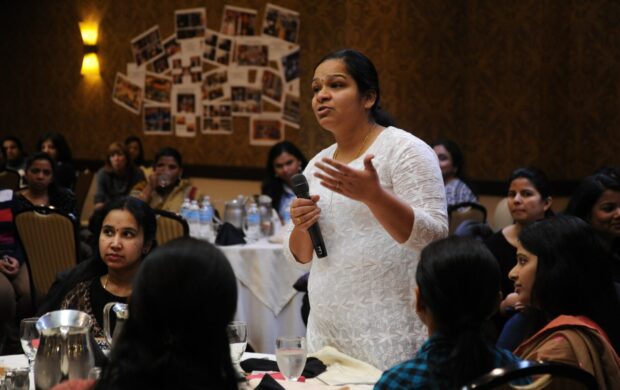

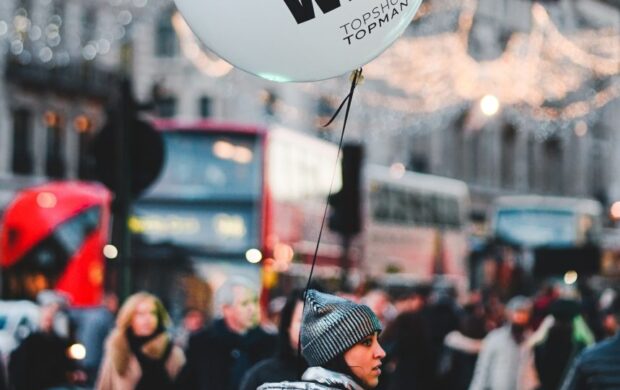

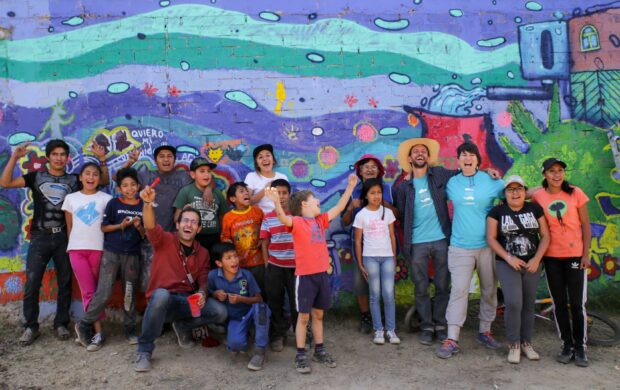
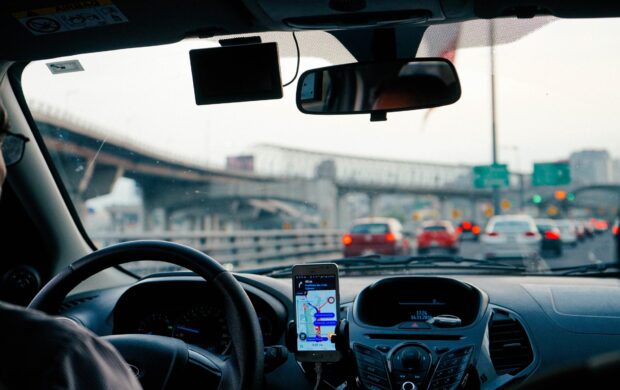





Join discussion